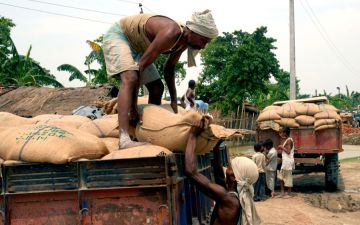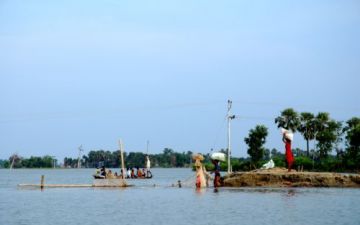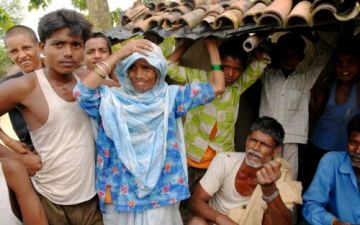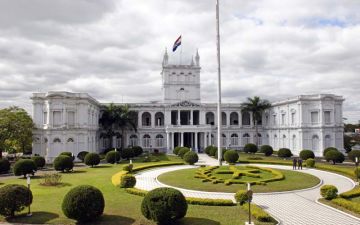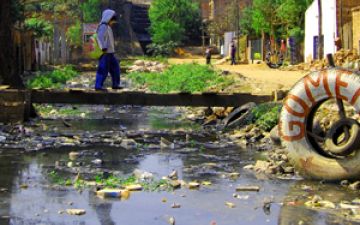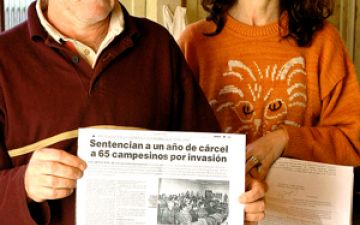Climate Change, Corruption Contribute to Deadly Effects of Northern India Floods
MUZAFFARPUR, India -- Looking out over gray waters that have drowned the rice paddies that are his livelihood, laborer Bhavat Nagar swore no flood he could recall came close to the size of the latest monsoon deluge that also washed away most of his village and a neighbor's child.
"This is the worst it has been," he said, shaking his head. "We always lose a little, but now we have lost everything. I don't know what to do."

